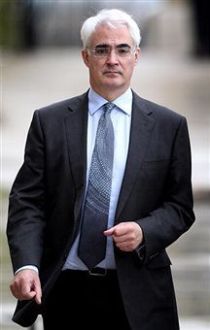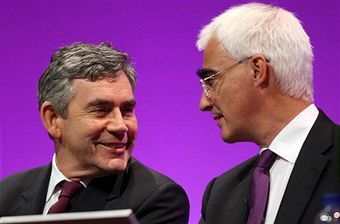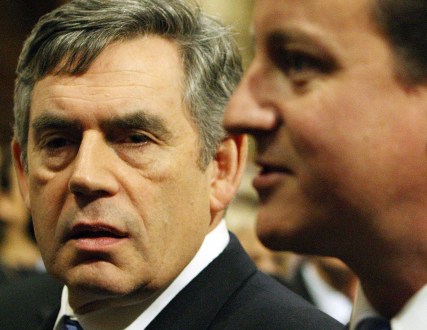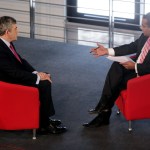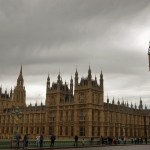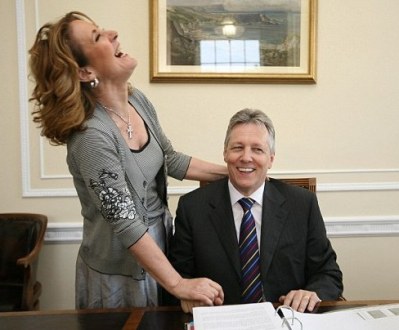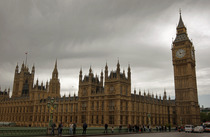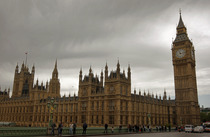A narrow escape
For once, I felt sorry for Bill Clinton. It was January 1998, and the press reported that the President had had an intimate relationship with one Monica Lewinsky. In Independent Counsel Kenneth W. Starr’s office, where I worked, we had evidence that Clinton had sought to hide his dalliance through perjury and obstruction of justice. But that didn’t matter anymore. No president could survive the public revelation of sex (however defined) with a White House intern. Clinton was about to be driven from office over fellatio rather than felonies. I started thinking about a conciliatory statement Starr might release when the President resigned. Our judgment, as Ken Gormley observes in


